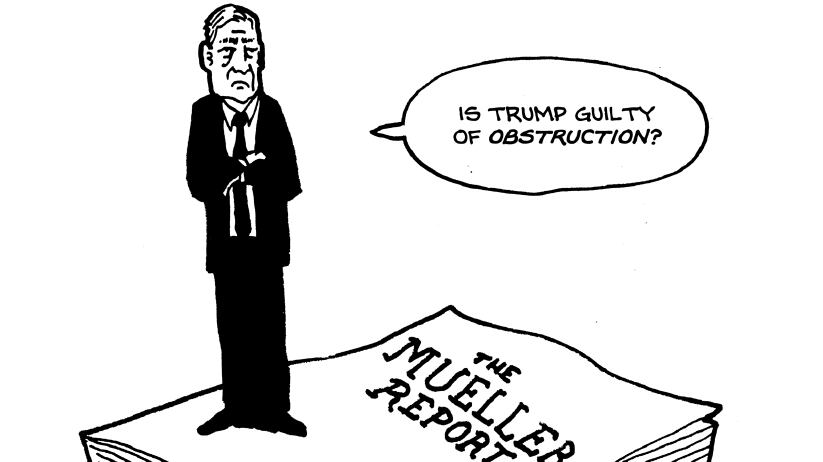WW presents "Distant Voices," a daily video interview for the era of social distancing. Our reporters are asking Portlanders what they're doing during quarantine.
Hey, remember Russiagate?
It seems like Robert Mueller's investigation into Donald Trump's alleged entanglements with the Kremlin happened a century ago at this point. But even among the myriad other presidential scandals that have happened since—and to be clear, it's only been about a year and a half since Mueller issued his final report on the probe—Steve Duin argues its relevancy has not dulled.
"Every time I turn around, there's something happening that brings the Mueller report back into the public arena," says the former Oregonian columnist and occasional WW contributor. "Just last night, I'm hearing the vice president lie about what the Mueller report said. You need to keep reminding folks of what Mueller established inarguably, in a political environment where we're arguing about what facts are, for God's sake."
Duin is doing his part. His new book attempts to simplify the findings in Mueller's dense 486-page report—by turning it into a graphic novel.
A longtime comics fan—his 1998 book, Comics: Between the Panels, offers a detailed history of the medium—Duin entered into the project with New Yorker cartoonist Shannon Wheeler last July. Wheeler's simple illustrations are more Sunday comics than Marvel—Trump himself is rendered like a petulant child, closer to, say, Ziggy than the grotesquerie depicted in most political cartoons.
"The conventions of the medium allow us to have some fun with a very serious subject," Duin says. "There's time for sight gags. What we're hoping is, when middle school and high school students study this thing, they'll use our graphic novel and not that 486-page report."
Duin talked to WW about the lasting significance of the Mueller report, and whether it's wrong to derive joy from Trump's COVID-19 diagnosis.
Editor's note: In response to the latter question, Duin issues a clarification: "Mea culpa, I misunderstood Matt's question, and meant to say, 'God, no'—that no one should find any joy in the president's COVID diagnosis. My sincere apologies here."
See more Distant Voices interviews here.
